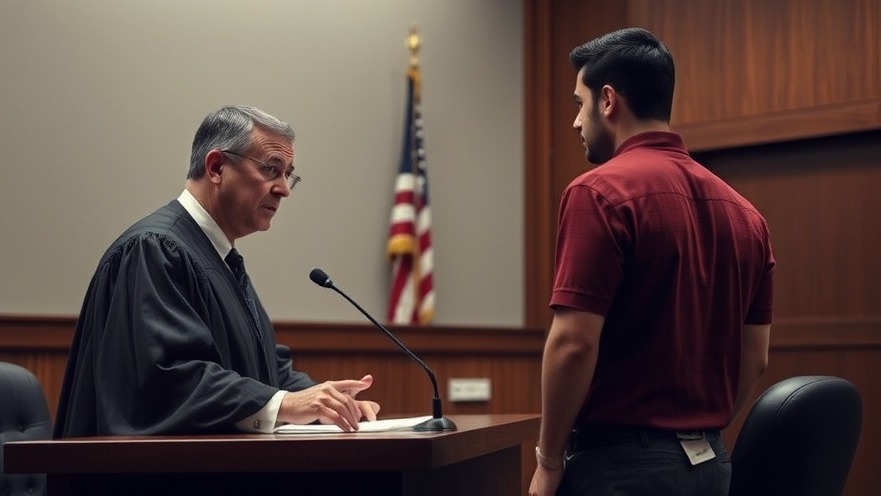
The Alarming Impact of Climate Change on Texas Weather
The recent Hill Country floods serve as a stark reminder of the increasing severity of weather events linked to climate change. According to climate scientists, the rising ocean and air temperatures contribute to significantly more moisture in the atmosphere, allowing for intense downpours. These extreme rainfall events can be attributed to the warming planet—an assertion backed by the latest findings from the Intergovernmental Panel on Climate Change.
Understanding the Causes of Floods
During the devastating July 4 weekend, heavy rains led to the Guadalupe River reaching its second-highest recorded water level, resulting in numerous fatalities and missing persons. As search and rescue operations unfolded, it became evident that such extreme weather isn't limited to isolated incidents but is instead becoming an alarming trend. Claudia Benitez-Nelson, a climate scientist, notes that human-induced climate change is generating a new normal where once-ordinary weather patterns escalate into disasters.
The Contribution of Human Activity
Scientists have long established that anthropogenic greenhouse gas emissions correlate to heightened instances of weather extremes. The alarming report from the U.N. highlighted that since pre-industrial times, activities such as fossil fuel combustion have intensified climate phenomena. As the planet's temperature continues to climb, we can expect an increase in both the frequency and intensity of rainfall events, thereby posing risks to impacted infrastructures, fragile ecosystems, and local communities.
Flash Flooding Risks in Central Texas
Central Texas, characterized by a unique combination of hilly terrains and hard-packed soil, is notorious for its flash floods. When heavy rains occur, the area's geological properties lead to a rapid runoff that overwhelms rivers and creeks, resulting in sudden flooding conditions. John Nielsen-Gammon, Texas's climatologist, noted that recent rain events often coincide with moisture flow from tropical areas, exacerbating rain rates and raising flood risks.
Lessons from Recent Weather Events
It is crucial for Texas residents to stay informed about evolving weather patterns as climate change makes such floods more common. Notably, the remnants of Tropical Storm Barry that brought unprecedented rain levels underscore the need for advanced climate education and preparedness. Disaster recovery and resource allocation must adapt to these new realities as climate science continues to evolve.
Wider Implications for Our Society
The impacts of climate change extend far beyond Texas. The future prediction indicates that weather-related tragedies, like those experienced over the July 4 weekend, could become more frequent in many regions. Effective infrastructure and emergency response systems will be vital in combating these challenges moving forward. By prioritizing climate action and recognizing individual contributions to climate change, communities can begin to mitigate future risks associated with extreme weather events.
Take Action for Our Climate
As the evidence mounts and the consequences of climate change become undeniable, it is crucial for individuals to take action. Engaging in community-wide discussions about climate resilience, advocating for sustainable policies, and reducing personal carbon footprints are all pivotal steps. With collective effort, communities can adapt to these challenges and build a brighter, more sustainable future.
 Add Element
Add Element  Add Row
Add Row 



Write A Comment